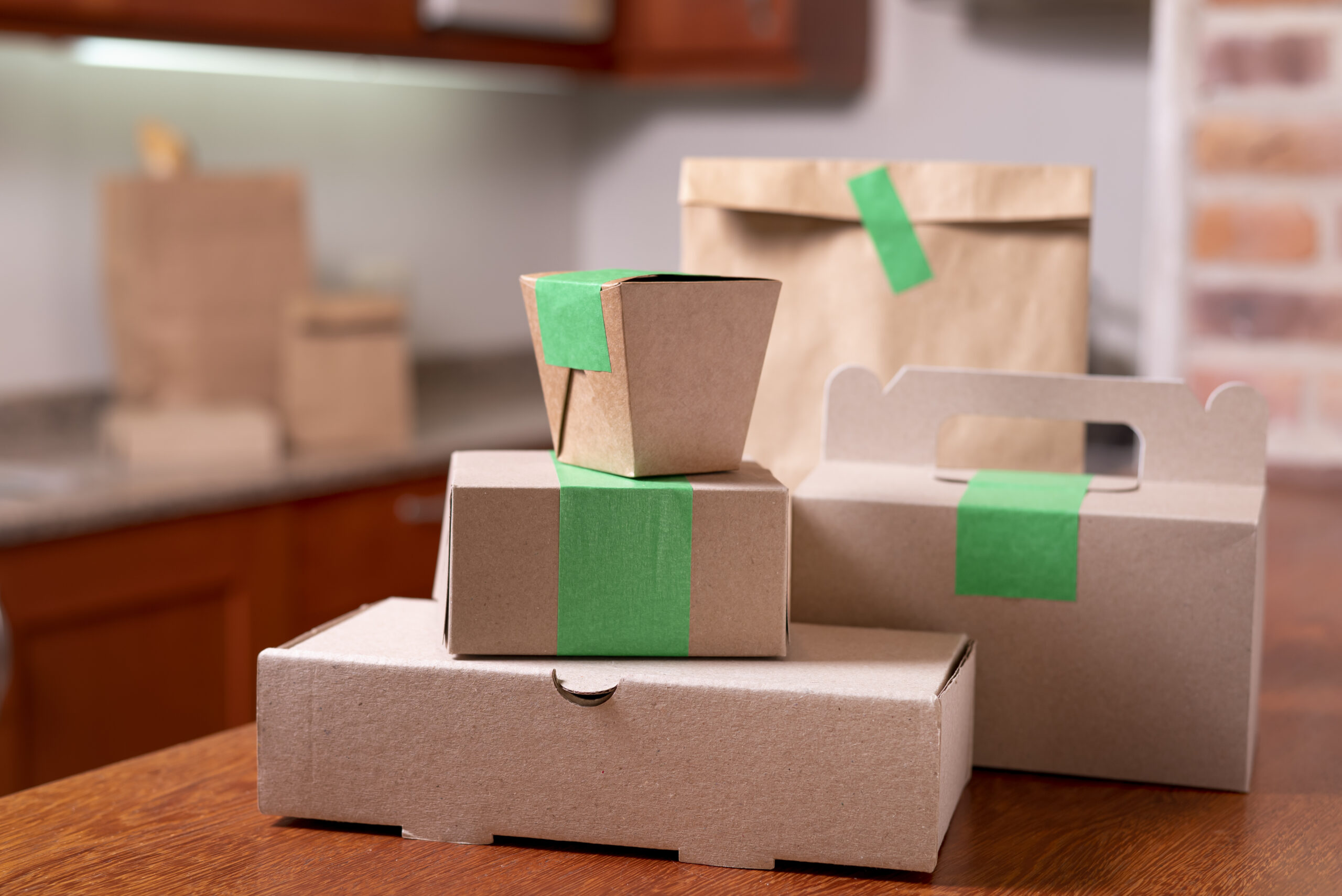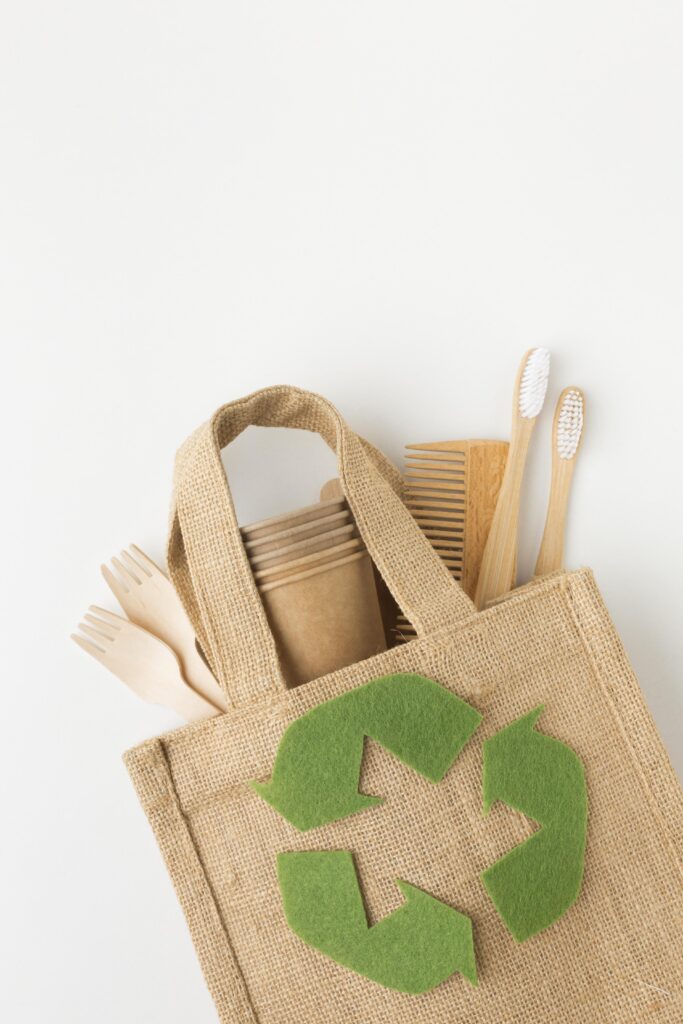Eco-Friendly Packaging: Why It Matters More Than Ever
In today’s world, sustainability is no longer an option but a necessity. Consumers and businesses alike are becoming more conscious of their environmental impact, and eco-friendly packaging has emerged as a critical component of this movement. For companies aiming to stay relevant and responsible, adopting sustainable packaging solutions is a smart business decision that benefits the planet, your brand, and your bottom line.
What is Eco-Friendly Packaging?
Eco-friendly packaging refers to materials and designs that minimize environmental harm throughout their lifecycle — from sourcing and production to disposal and recycling. This includes biodegradable, recyclable, reusable, or compostable materials made from renewable resources. Unlike traditional packaging that often contributes to pollution and landfill waste, eco-friendly packaging aims to reduce waste, lower carbon footprint, and promote sustainability.
Why Eco-Friendly Packaging Matters
1. Environmental Responsibility
The packaging industry is a significant contributor to global waste. Single-use plastics and non-recyclable materials pollute oceans and landfills, harming wildlife and ecosystems. By choosing sustainable packaging, businesses actively reduce waste generation and resource consumption, contributing to a healthier planet.
2. Consumer Demand and Brand Image
Modern consumers increasingly prefer brands that demonstrate environmental responsibility. Studies show that over 70% of consumers are willing to pay more for sustainable products and packaging. Eco-friendly packaging not only meets customer expectations but also enhances your brand’s image, building trust and loyalty.
3. Regulatory Compliance
Governments worldwide are implementing stricter regulations on packaging waste and plastic usage. Companies adopting sustainable packaging proactively comply with current and upcoming laws, avoiding penalties and aligning with global sustainability goals.
Benefits of Eco-Friendly Packaging for Businesses
Cost Savings: While initial costs might be higher, sustainable packaging often reduces long-term expenses through efficient materials, lower waste disposal fees, and enhanced brand reputation.
Market Differentiation: Eco-friendly packaging sets your products apart from competitors still relying on traditional materials.
Customer Engagement: Sustainable packaging provides a platform to communicate your brand’s values and sustainability initiatives, fostering deeper customer connections.
Popular Eco-Friendly Packaging Materials
Recycled Paper and Cardboard: Widely used, biodegradable, and recyclable.
Biodegradable Plastics: Made from plant-based materials that break down naturally.
Mushroom Packaging: Innovative material grown from fungi, fully compostable.
Cornstarch Packaging: Renewable and biodegradable alternative to plastics.
Reusable Containers: Durable packaging designed for multiple uses.
How to Transition to Eco-Friendly Packaging
Assess Your Current Packaging: Identify areas to reduce waste and switch materials.
Choose Sustainable Alternatives: Source eco-friendly materials aligned with your product needs.
Optimize Design: Minimize excess packaging and focus on recyclability.
Educate Customers: Use labels and marketing to inform consumers about your sustainability efforts.
Partner with Experts: Work with suppliers and manufacturers specializing in green packaging solutions.
Conclusion
Eco-friendly packaging is not just a trend—it’s a vital shift toward responsible business practices that protect our planet. By adopting sustainable packaging, companies like Meezan Pack can contribute to environmental conservation, meet consumer demands, and strengthen their market position.
Making the switch today benefits your business, your customers, and future generations. Join the movement toward a greener future—one package at a time.



